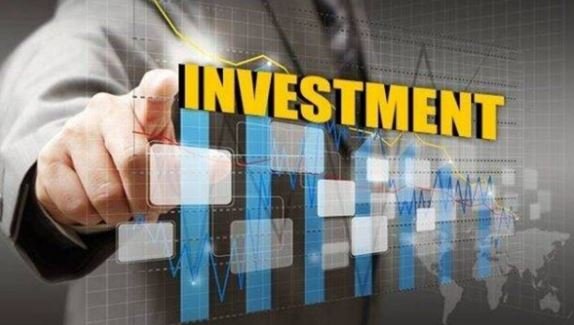
DHAKA, Nov 28, 2021 (BSS) - Speakers at an international investors meet
today said that global investors should now explore endless opportunities
available in various potential economic arenas in 'New Bangladesh'.
Terming Bangladesh as a rising tiger in Asia and a lucrative investment
spot, they said the country has proven its economic strength in many
socioeconomic fronts like manufacture, agriculture and information
technology.
As a result, the resilient economy of around 170 million people keeps
growing remarkably over the years even defying all odds caused by the Covid-
19 pandemic, economic recessions in Europe and elsewhere.
The strength riding on prudent policies, high investment on infrastructure
development, rising new MAC (Middle and Affluent Class) communities,
political and socioeconomic stability would help the foreign investors grow
their business here.
The call came up at a plenary session titled "Investment Competitiveness
and Business Environment in Bangladesh, Reaching New Heights in New Normal"
held at a city hotel on the first day of the 2-day-long International
Investment Summit 2021 hosted by Bangladesh Investment Development Authority
(BIDA).
BIDA executive chairman Md. Sirazul Islam moderated the session where
principal secretary to the Prime Minister Dr. Ahmad Kaikaus presented a
keynote paper on the topic of Bangladesh, a story of making impossible
possible.
Prime Minister's Adviser on Private Industry and Investment Affairs Salman
F Rahman said the country facilitates the investors with offering sector-
specific incentives, uninterrupted supply of utilities and investment-
friendly policies.
Kaikaus said the country after the independence faced many turbulences,
undemocratic forces and others. "For that the growth of the country was not
noticeable."
From 2009, with continuity of leadership, visions, policies and political
stability, the hope for economic change was restored, he added.
"Now, we see a new Bangladesh, which is resilient and economically strong,"
he said.
Kaikaus said soon after the independence, Bangladesh was branded as the
basket case, but now it becomes the 39th largest economy of the world, 2nd in
RMG, 3rd in rice and aquaculture production and 8th largest remittance
earning economy.
Terming infrastructure a key for any economy to grow, he said the
government is investing heavily on developing physical infrastructures like
metro rail, expressways, airport terminal, Matarbari deep sea port, Bay
terminal, 100 economic zones and so on.
"Huge investment we're focusing on which creates an enabling climate for
investment. We have shown our excellence in many areas. Now, we're ready to
do partnership," he said.
Lauding the country's remarkable progress over the last five decades,
British High Commissioner to Bangladesh Robert Chatterton Dickson stressed
importance on improving three areas to take the nation in the next stage of
development.
These were greater engagement of Bangladesh with global economy, financial
sector reform that will encourage foreign capital come in and improving
tertiary level of education to the international standard.
IFC Acting Country Manager, Bangladesh, Bhutan and Nepal Nuzhat Anwar said
they believe that at this stage Bangladesh has reached its limit on its
development model.
"Now, we need a new strategy. And when we say strategy, it's about new
financing techniques, new sectors, new policies, amending policies to be
globally competitive and relevant in the market to go to the next level," she
said.
Citing the Eighth Five-Year Plan, she said Bangladesh government needs
about $608 billion for infrastructure by 2040.
"Of that, 75 percent has to come from private sector. IFC's role here would
be important to build the confidence to bring in private capital," she said.
President of Foreign Investors Chamber of Commerce and Industry (FICCI)
Rupali Haque Chowdhury said the businesses operating in the country had to
scout all over the world for finding a strategic partner even in 10 to 15
years ago.
Giving an example of her company's recent development, she said Berger
Bangladesh last year during the Covid-19 period formed a technical
collaboration with a Danish company virtually.
"They (Danish company) did not visit us, but we did it. We also brought in
five painting technologies here in only ten months. That's how Bangladesh is
right now. Rest of the world now scouts Bangladesh for investment," she
added.